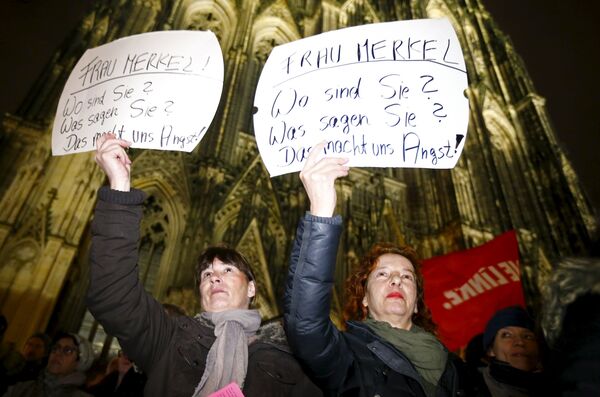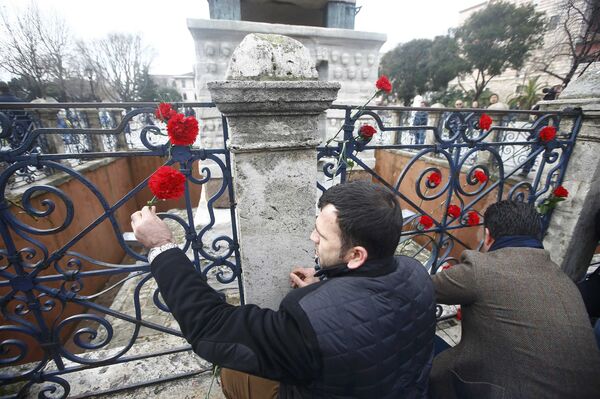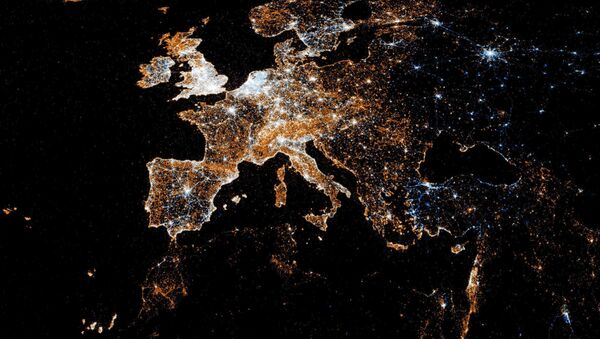The somber warning has been revealed by newspaper Die Welt, which obtained a document called "Europe is reaching its limits" following discussions held in Brussels between German Chancellor Angela Merkel, Britain's Chancellor George Osborne and several other European Union commissioners.
2016: Priorities and challenges for @Europarl_EN. Press conference by @EP_President 1pm CET https://t.co/8Vb1F3Ouks pic.twitter.com/Cmf7xhibuR
— European Parliament (@Europarl_EN) January 14, 2016
Questions have been raised whether Germany can continue with its open-door policy towards refugees and whether the freedom to move between countries belonging to the Schengen zone can continue.
.@Avramopoulos admits to @EP_Justice #relocation of #refugees is not working, asks MS not to be prisoners of domestic political agendas
— LIBE Committee Press (@EP_Justice) January 14, 2016
The year more than million refugees reached Europe began and ended with terrorist attacks in Paris; and as the New Year was welcomed in by party-goers in city squares, many women in Cologne reported being sexually assaulted by men who had claimed asylum in Germany.

In January 2016 and on the anniversary of the Charlie Hebdo massacre in Paris, a man who lived in a refugee camp walked into a police station with an axe. In Turkey, ten German tourists were killed following a terrorist attack in the capital, Istanbul.

The attacks all carried out by extremists in the name of Daesh, also known as Islamic State.
The political fallout from the terrorist attacks, the volume of refugees arriving in Europe and a German-led policy allowing all Syrian refugees into the country in the hope European member states do the same, has left Europe struggling to stay unified.
"Nobody knows what we are facing this year," Mr Schulz said.
Along with the refugee crisis and terrorism threatening the stability of Europe in 2016, many countries are also witnessing a rise in populists and racists threatening refugees — and the EU's founding policies.


